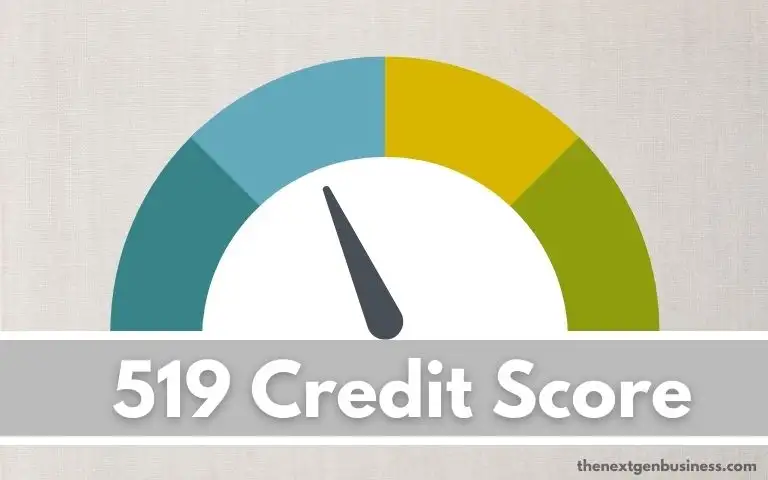An in-depth look at Value-Added Tax (VAT) in Ireland, including registration, filing processes, and managing VAT for businesses.
Basics of Value Added Tax (VAT) in Ireland
Value Added Tax (VAT) in Ireland is a consumption tax applied to most goods and services. Understanding its basics is crucial for businesses in terms of charging VAT and claiming it back on expenses.
VAT Registration: When and How to Register
VAT registration is mandatory for businesses in Ireland exceeding or expected to exceed a certain annual turnover. Voluntary registration is also possible and can have benefits, especially for reclaiming VAT.
Different VAT Rates and Their Application
Ireland has several VAT rates, including the standard rate and reduced rates for specific goods and services. Familiarize yourself with these rates and their application to your business operations.
Filing VAT Returns: Frequency and Process
Businesses must file VAT returns, typically bi-monthly, though frequency can vary. This process involves declaring VAT charged on sales and VAT paid on purchases, with any balance due paid to Revenue.
Record Keeping and VAT Documentation
Keeping accurate VAT records is a legal requirement. This includes invoices, receipts, and accounts that clearly show VAT amounts. Good record-keeping is essential for VAT compliance and audits.
VAT on International Transactions and EU Rules
VAT on international transactions can be complex, especially with EU rules. Understanding how VAT is applied to imports, exports, and intra-community transactions is key for businesses involved in international trade.
Claiming VAT Refunds and Credits
Businesses can claim refunds on VAT paid on business expenses, provided certain conditions are met. It’s important to understand how to accurately claim these VAT credits.
VAT Compliance and Common Pitfalls
VAT compliance involves understanding and adhering to VAT laws and regulations. Common pitfalls include incorrect VAT rates, late filings, and improper record keeping.
Navigating VAT Audits and Inspections
VAT audits and inspections by Revenue can occur and being prepared is essential. This includes having all necessary documentation and records accurately maintained and easily accessible.
VAT and E-Commerce: Special Considerations
For e-commerce businesses, understanding VAT is particularly important, especially with different rates and rules applicable to digital goods and services and transactions within the EU.





